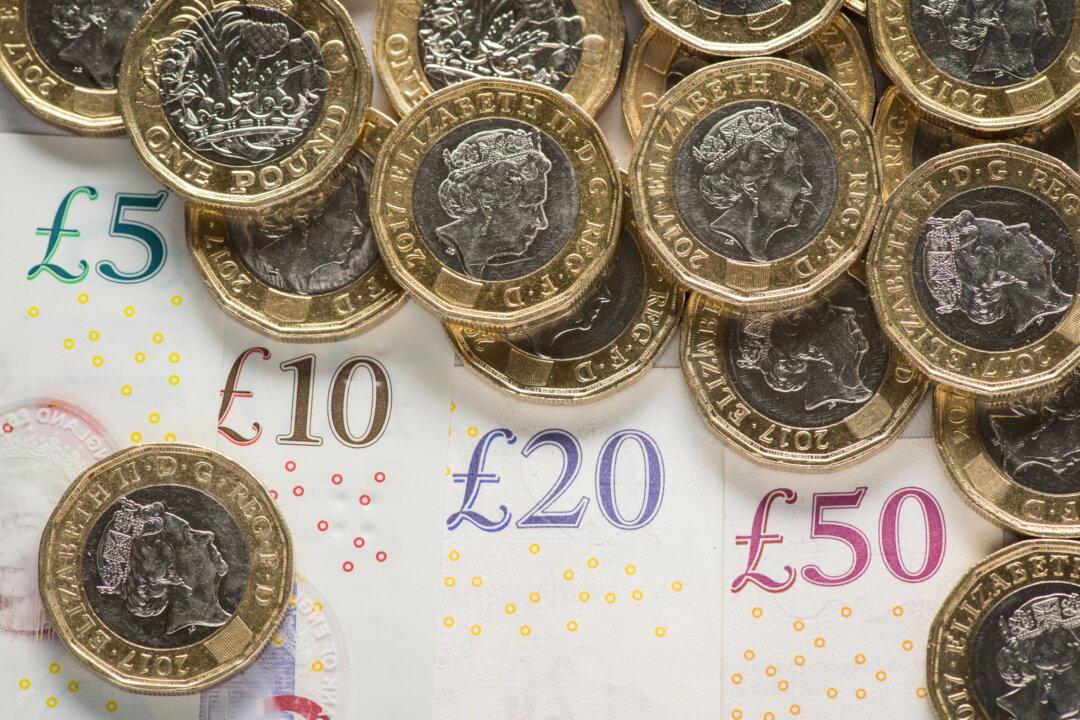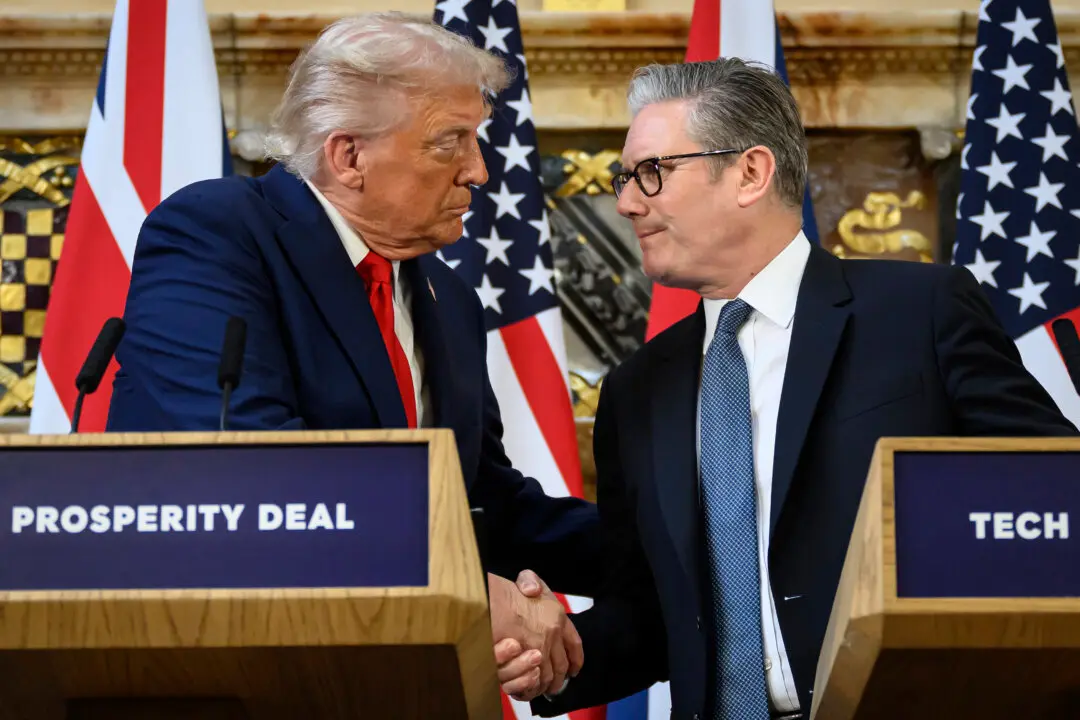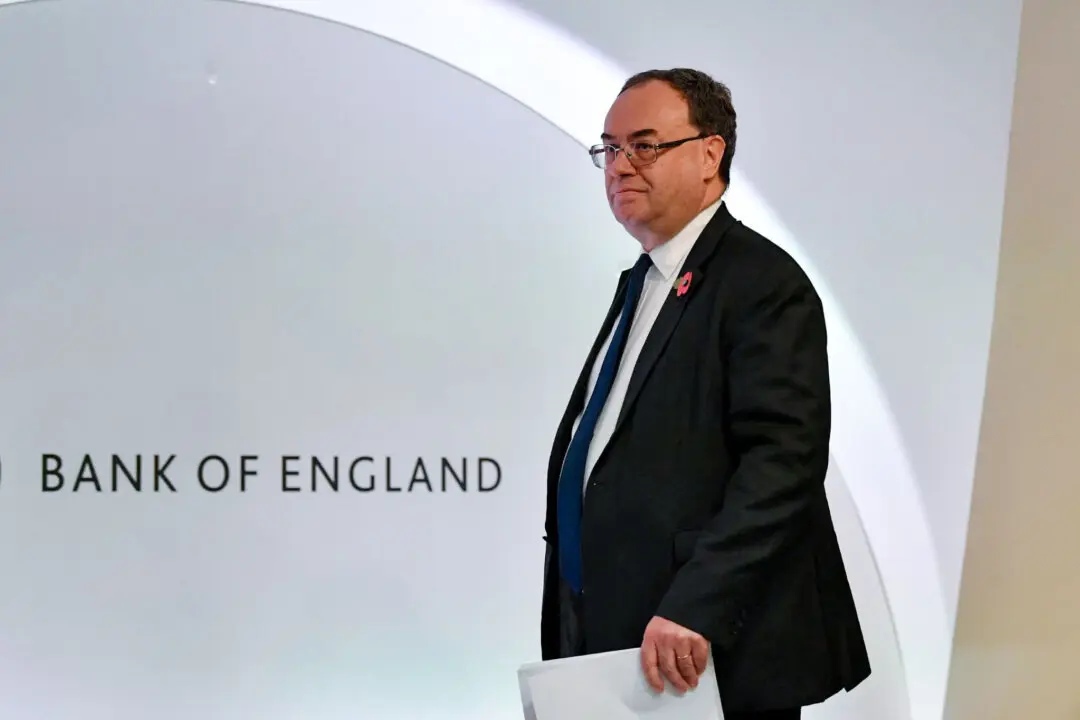UK public net borrowing last month hit £4.3 billion, which was £3.4 billion more than in July 2022 and is the fifth-highest July borrowing bill since monthly records began in 1993.
The public sector net borrowing figure in July, published by the Office of National Statistics (ONS) fell below the £6 billion forecast by the Office for Budget Responsibility (OBR).





